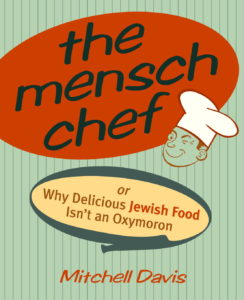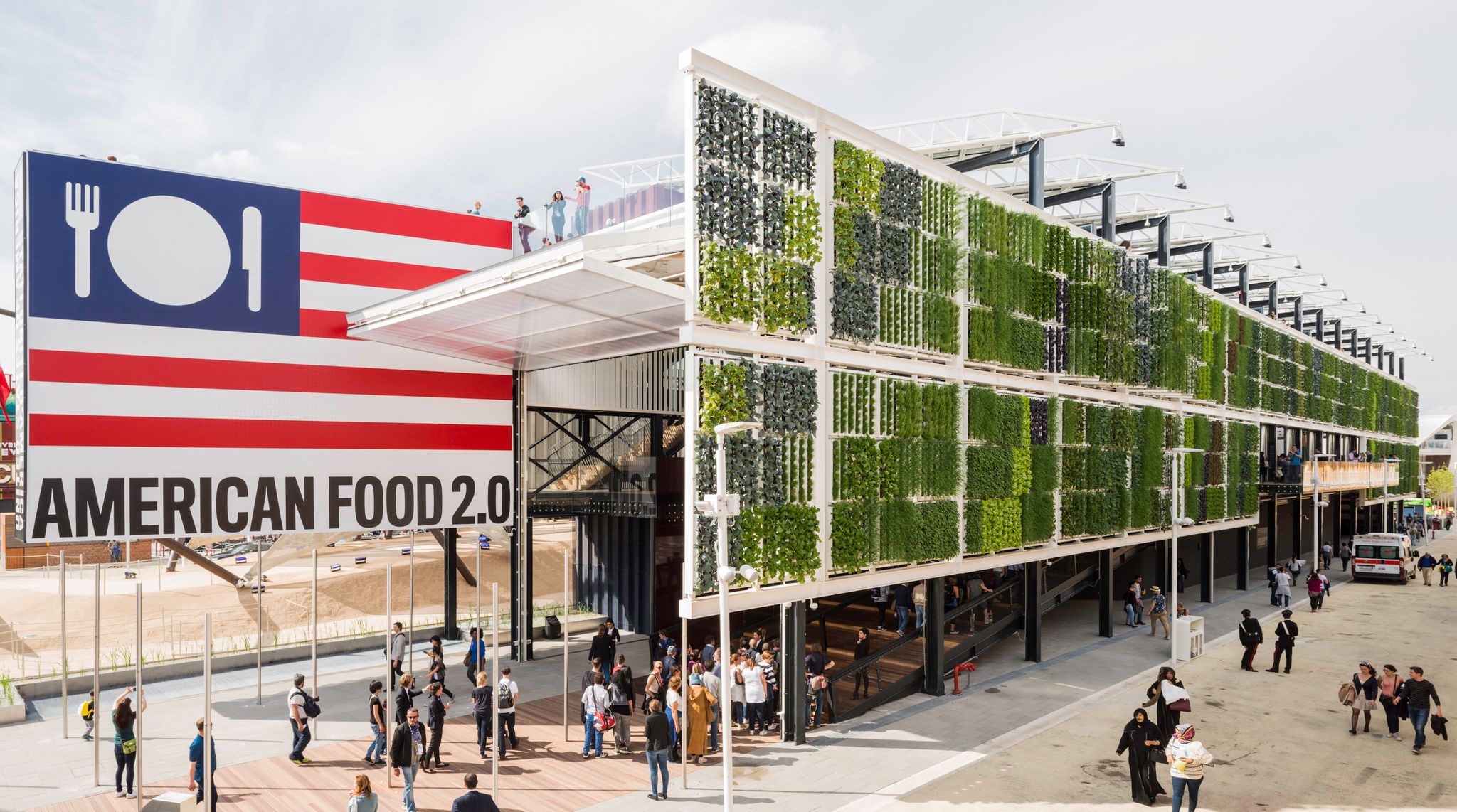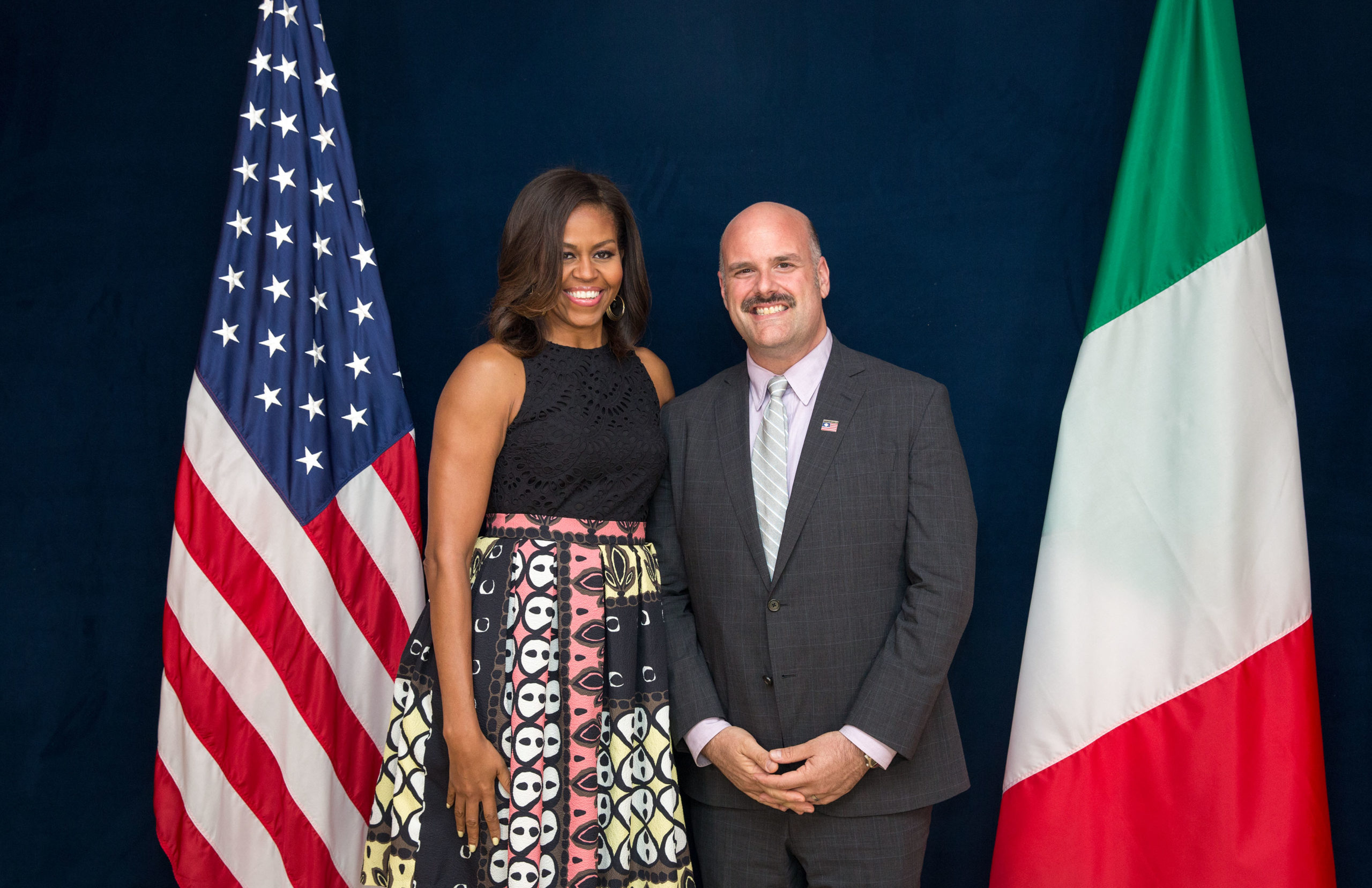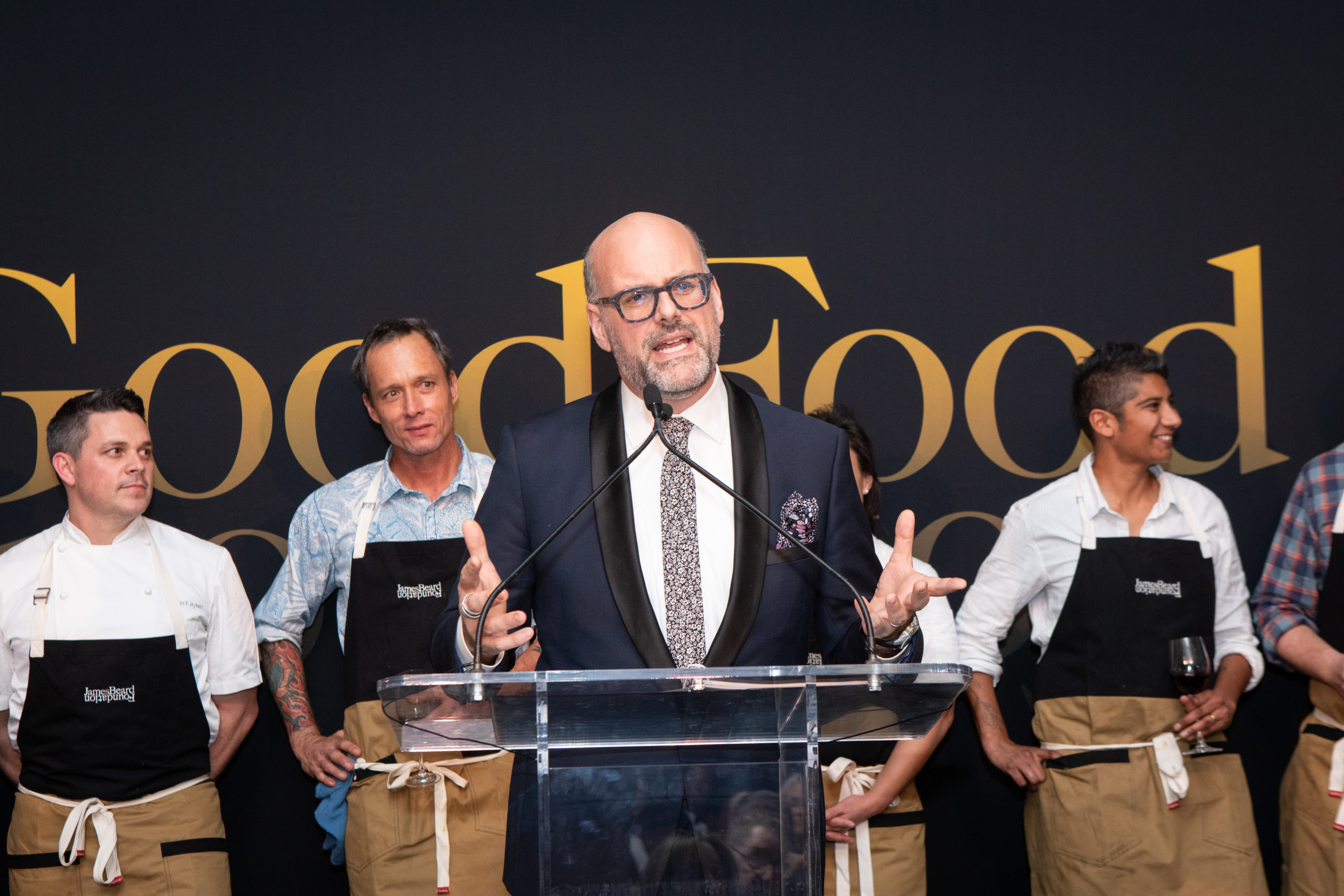



Food Is Both Good To Eat
And Good To Think
Kitchen Sense, LLC, is a multi-faceted consultancy for food—from expert analysis to keynote speaking, recipe development to concept creation, meeting facilitation to project management—Kitchen Sense draws on vast experience and a global network of world-class professionals to evaluate, analyze, research, conceive, create, and solve your food-world needs.
For almost 30 years, founder Mitchell Davis, aka Kitchen Sense, helped steer the James Beard Foundation to the forefront of food in America. Along the way he has worked with marquee organizations—including the United Nations, Cornell University, Aspen Institute, Bill and Melinda Gates Foundation, Rockefeller Foundation, MIT Media Lab, Annenberg Foundation Trust, Eat Foundation, the Kellogg Foundation, Jewish Food Society, and World’s 50 Best—to provide innovative and effective ideas that have helped make the world better and more delicious for everyone.
MATTERS OF TASTE
On our Food System
“What puts a meal in front of you is a tremendous global system that has a lot of problems right now, among them, U.S. immigration policy, fair wages, and sustainability amid climate change.” — Founder Mitchell Davis in Cornell Alumni Magazine
On the Future of Restaurants
“The global pandemic has forced a reckoning of the restaurant industry in the U.S. and around the world that has been a long time coming. There’s the broken business model, the culture of harassment, systemic bias, and a distorted value proposition that favors quantity rather than quality, just to name a few challenges.” — Founder Mitchell Davis
On the Value of Food
“When we objectify food, focusing our attention on what’s on the plate and how it looks on social media rather than on the people who put it there and the impact of the decisions we’ve made on our environment and our communities, we lose sight of the potential, the true value of food.” — Founder Mitchell Davis
On Home Cooking
“Celebrity chef culture has diminished and distorted the value of home cooking. Cooking in a restaurant kitchen and cooking in a home kitchen are and should be totally different. Restaurant chefs add value through labor, ingredients, atmosphere, to justify high prices and set themselves apart from competition. Home cooks generally seek to minimize labor, cost of ingredients, even individuality, to some extent, but still deliver delicious, satisfying, and nutritious meals. When we blend the two we lose these distinctions and both suffer. Good home cooks know the value of good restaurant meals and are willing to pay what they cost. Data also show they and their families eat more healthfully. And, the knowledge and sense of gratification we get from nourishing ourselves and our families is an important benefit of home cooking, too.” — Founder Mitchell Davis
On the Power of the Table
“I’ve seen the power of culinary diplomacy work on heads of state and heads of families. There’s something that happens around a table, especially one laden with delicious food, that forces people to be present with each other, open to each other in a particular way. The capacity to enjoy ourselves around a table, not just from the eating, but also from the investment of time and resources and access, is an important part of our shared humanity. To make the table work we need to set it with both intention and hospitality. Then, if the food is wholesome and the diners diverse, tremendous things can happen there.” — Founder Mitchell Davis
On American Food Culture
“I’ve spent my career trying to wrap my head around American food and food culture and though it isn’t easy to grasp, there is certainly something unique and influential about them. Having eaten around food centers like Singapore, Istanbul, Tokyo, Melbourne, I no longer believe we can claim the multicultural mantel of food. But there is something about our attitude toward food, the casualness we bring to eating, the creativity and abundance, and even the entrepreneurial quality, respect, and nostalgia for food businesses in America that makes ours unique in the world. To talk of cuisine is to invoke some sort of French rigor that I think isn’t appropriate in America. But our willingness to accept what’s new, innovative, technological, branded, marketed, and very often delicious, makes for quite a buffet at the American table.” — Founder Mitchell Davis












